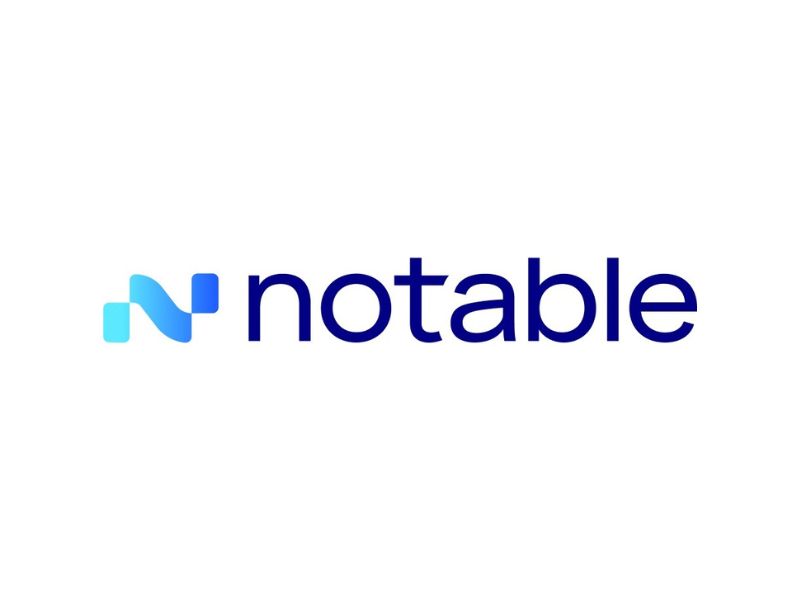Notable, the leading healthcare AI Platform for transforming workforce productivity, has officially announced the launch of Flow AI, which happens to be a conversational assistant embedded available right within the low-code Flow Builder interface.
According to certain reports, this particular solution is designed to simplify and accelerate design, debug, and at the same time, optimize AI Agent workflows, all for the purpose of optimizing Notable’s AI Platform across a wide range of clinical and operational use cases. More on the same would reveal how Flow AI arrives on the scene bearing an ability to enhance building and refining of workflows
Hence, no matter whether updating a single block or designing a flow from scratch, Flow AI can seamlessly understand what users are trying to achieve and bring those ideas to life instantly on Flow Builder.
“Healthcare teams are under immense pressure to do more with fewer resources,” said Pranay Kapadia, Co-founder and CEO of Notable. “Flow AI reimagines the way teams automate workflows by removing friction from the building process, whether it’s a first-time builder or an experienced developer looking to move faster. This is a major step forward in making automation truly accessible to everyone in a healthcare organization.”
Talk about the whole value proposition on a slightly deeper level, we begin from the promise of conversational automation building. This translates to how users can create edit, and understand workflows with natural language commands.
Next up, there is an aspect in place to facilitate instant updates to flows. You see, changes suggested by Flow AI can be applied directly to the automation canvas to accelerate iteration and rollout.
Another detail worth a mention is rooted in potential to generate real-time understanding of logic. Flow AI can basically interpret workflows in context so to offer clear explanations and guidance without requiring users to parse documentation or consult support channels.
Moving on, users can also come expecting to access reusable patterns and intelligent suggestions. These patterns and suggestions, on their part, span a wide continuum, ranging from filters for lab results to merging multiple data inputs, each one geared towards automating common workflows.
Complementing that would be the availability of smart assistance for all users. As a result, new users can ramp up more easily, whereas on the other hand, experienced builders are empowered to accomplish more in less time.
Notable also took this opportunity to introduce, within Flow Builder, a streamlined action bar with contextual breadcrumbs, improved search functionality, restructured categories by user jobs-to-be-done, as well as a simplified page hierarchy. In case that wasn’t enough, the company is planning work on enhancements like customizable expand/collapse preferences and a dedicated Admin Tools panel for advanced configuration.
For better understanding, Flow Builder is Notable’s low-code interface meant for designing, customizing, and deploying AI-powered workflows across the healthcare enterprise. The solution essentially makes it possible for builders of all technical backgrounds to create scalable automations using natural language, drag-and-drop tools, and reusable components.
Alongside that, we have deep EHR integration and real-time testing capabilities coming into play to consolidate multiple operational tools into a single interface for rapid innovation and measurable impact.
In fact, since its launch, the solution has built and deployed custom AI Agents at scale. This involves tailoring them to address unique needs, such as automating patient intake and streamlining prior authorizations. Furthermore, it has enabled operational and clinical leaders to design, test, and launch improvements in-house, rapidly reducing manual work for staff.
“At MUSC Health, we’re just getting started with Flow Builder, and I’m really excited about where it can take us. The chance to quickly try out and adjust AI workflows opens the door to reducing the day-to-day work that slows people down and to creating better experiences for both patients and staff,” said Crystal Broj, Enterprise Chief Digital Transformation Officer at MUSC Health. “What I see as especially valuable for an academic medical center like ours is how Flow Builder can give our clinical and operational leaders a way to build and shape solutions together—ones that can grow across departments.”






